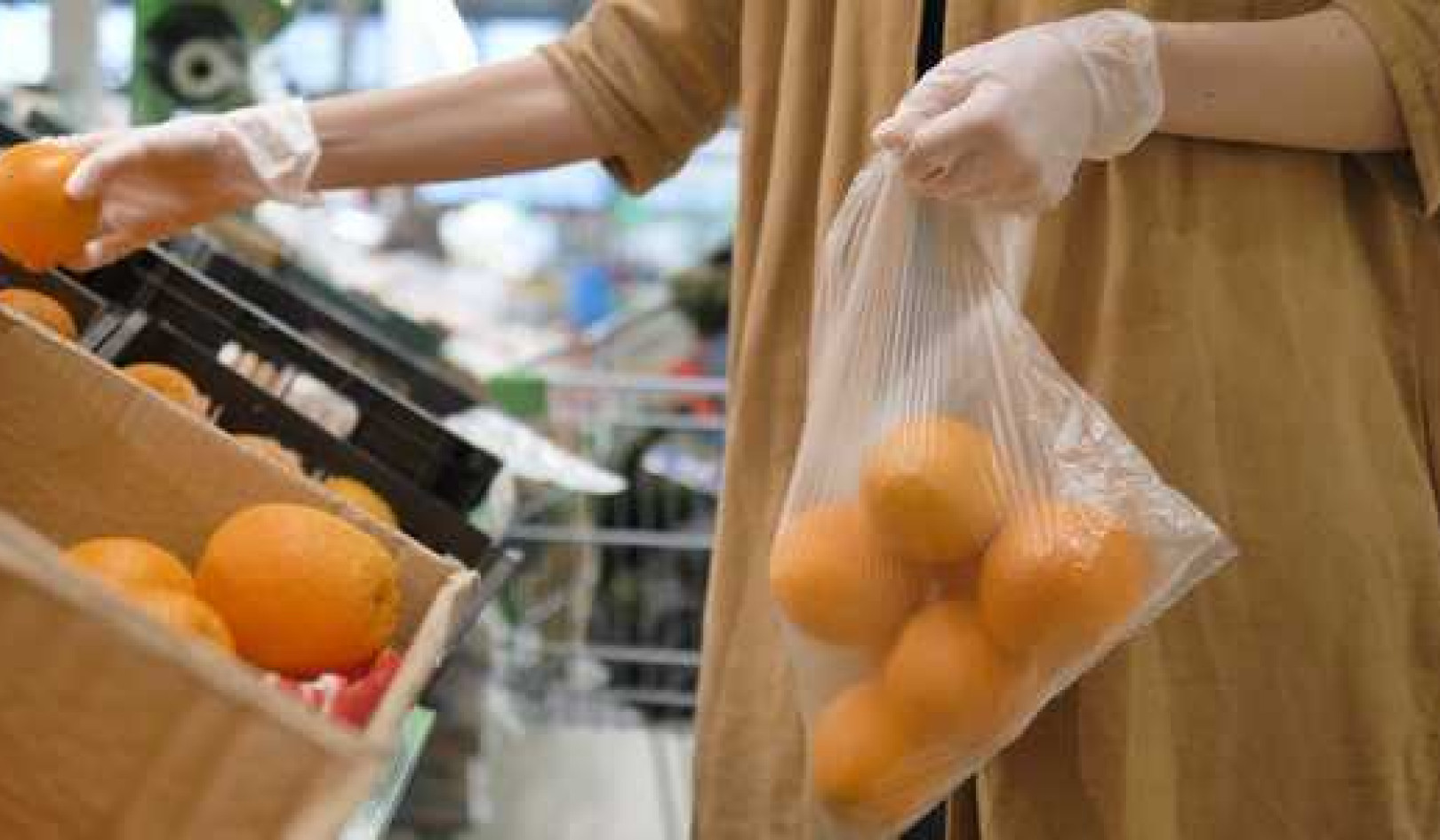
Foods may not have the effect you’re after but at least they won’t ruin your night.
Throughout the ages, many cultures have searched for potent aphrodisiacs to increase sexual desire. The term derives from Aphrodite, the Greek goddess of love, beauty, pleasure and procreation.
Some things never change. We still look to plant and animal-based foods and supplements to increase sexual desire, prowess or pleasure. But the scientific evidence shows experimenting with “natural” supplements can be risky.
While real foods are unlikely to act on hormone levels, neurotransmitters or biochemical pathways that increase sexual desire or performance, you’re more likely to get some return from the dollars you spend on food, without ruining your night or risking your health.
Plants
A review evaluating 20 botanical compounds (including roots, stems, leaves, seeds, bark, fruit and flowers) claimed to be sexual enhancers found little evidence to support their use as aphrodisiacs in men or women.
Kola nut, guarana and betel nut contain compounds that stimulate the central nervous system (increase heart rate, blood pressure, body temperature) and reportedly increase sexual behaviour. But these products also increase your risk of death.
Some botanical components supposedly trigger dilatation of blood vessels in sexual organs. Ginseng, a root, is attributed to improving erectile function and increasing sexual desire.
Mild side-effects of ginseng include insomnia, headaches, dizziness, stomach upset and menstrual changes. A rare but potentially fatal side-effect called methemoglobinemia can also develop and cause oxygen deprivation.
Animal products
While the origin of some animal products is fascinating, their use can be fatal.
Ambrein, derived from a compound in the gut of sperm whales, is a banned substance in Australia. Animal studies suggest it increases testosterone levels, affects neurotransmitters and increases sexual arousal and behaviour.
Bufo toad skin and glands contain a hallucinogenic derivative of bufotenine and digoxin-like compounds, which cause hallucinations, blurred vision, nausea and vomiting. Although reportedly used for centuries, it was responsible for a recent death.
Other supplements reportedly enhance sensory sexual experience by “irritating” the genital mucosa. Spanish fly, derived from blister beetles, contains a bioactive chemical, cantharidin. This irritates the urethal passage and causes swelling of genitalia (hence increased sensations during sex).
Spanish fly supplements are illegal and have dangerous side-effects- they irritate the gut, cause bleeding and are toxic to kidneys, heart muscles and blood vessels.
‘Natural’ supplements
Still feeling tempted to experiment with natural or herbal aphrodisiacs? Beware.
A review of 150 supplements sold as aphrodisiacs found six out of ten were adulterated with drugs used for treating erectile dysfunction. One in four contaminated supplements had drug amounts that exceeded safe maximum dosages. Less than one-third were evaluated as true herbal or natural products.
Of greater concern is a review of 200 websites selling purported sexual enhancing supplements. The active ingredients contribute to a plethora of physical reactions (high blood pressure, insomnia, nausea, vomiting, headaches) and psychological symptoms (mood changes, confusion, anxiety, mania, hallucinations and addictive behaviours).
Foods
You’re more likely to get a return from money spent on using food to get in the mood, compared to aphrodisiacs from the internet, and without the risks.
Chocolate is the big winner on Valentine’s Day and contains a host of bioactive components that make you feel good by boosting serotonin levels, stimulating your orosensory responses and activating brain regions associated with mood.
Some foods contain nutrients needed for reproduction. Oysters are extremely high in zinc, a mineral needed to make healthy sperm, but there is not even one research trial that has tested whether eating oysters increases sexual desire. (Any volunteers for that study?)
Fish contains omega-3 fats, which improve blood flow.
Some fruits (fig, pomegranate, peach, banana) and vegetables (asparagus, zucchini, eggplant), like herbs and spices, contain large amounts of phytonutrients. Phytonutrients help protect blood vessel walls and improve blood flow, and are associated with a lower risk of erectile dysfunction.
A large study, which followed 25,000 men for ten years, found men who ate the most fruit (especially strawberries, blueberries, apples, pears, citrus) had a 14% lower risk of experiencing erectile dysfunction over time. The lowest risk was among men who ate citrus fruit and/or blueberries more than three times a week.
Researchers attributed this to higher intakes of powerful phytonutrients called anthocyanins and flavanoids, which give fruit their deep colours.
Our research in overweight men showed that erectile function improved after losing four to five kilograms using our SHED-IT self-help weight-loss program for six months. Men who had erectile dysfunction got a marked improvement. Interestingly, erectile function also improved in men who reported no erectile problems.
Research on the use of food as an aphrodiasic in women is limited. One study tested the association between chocolate and women’s sexual health, reporting a trend of better sexual function in women who ate chocolate daily. Unfortunately, when they adjusted for age, the effect was lost.
When it comes to food, there is less science but you can add plenty of your own chemistry. Just a cautionary note about alcohol- in the words of Shakespeare’s Macbeth-
It increases the desire but takes away the performance.
Related Book:
at InnerSelf Market and Amazon



























